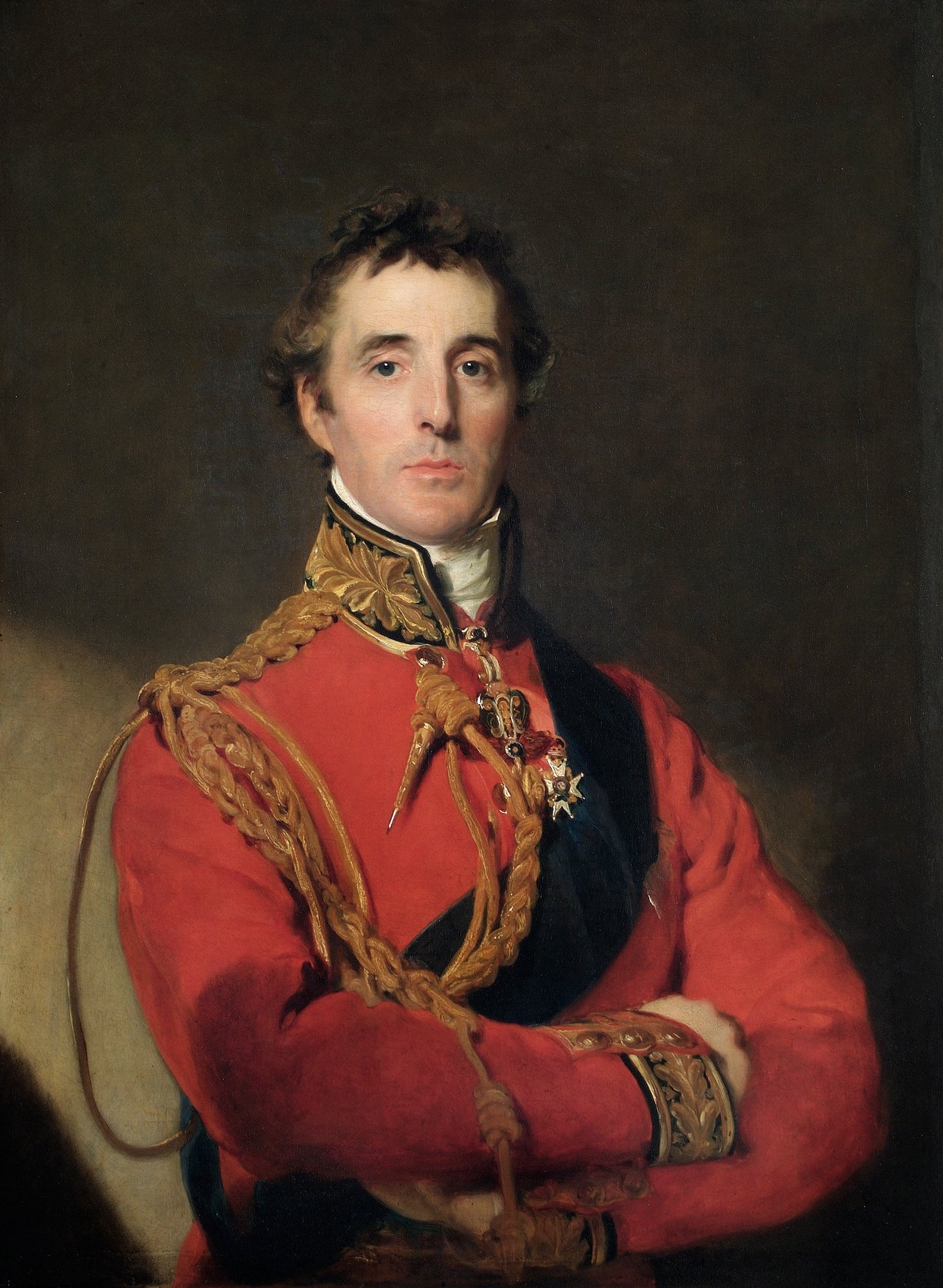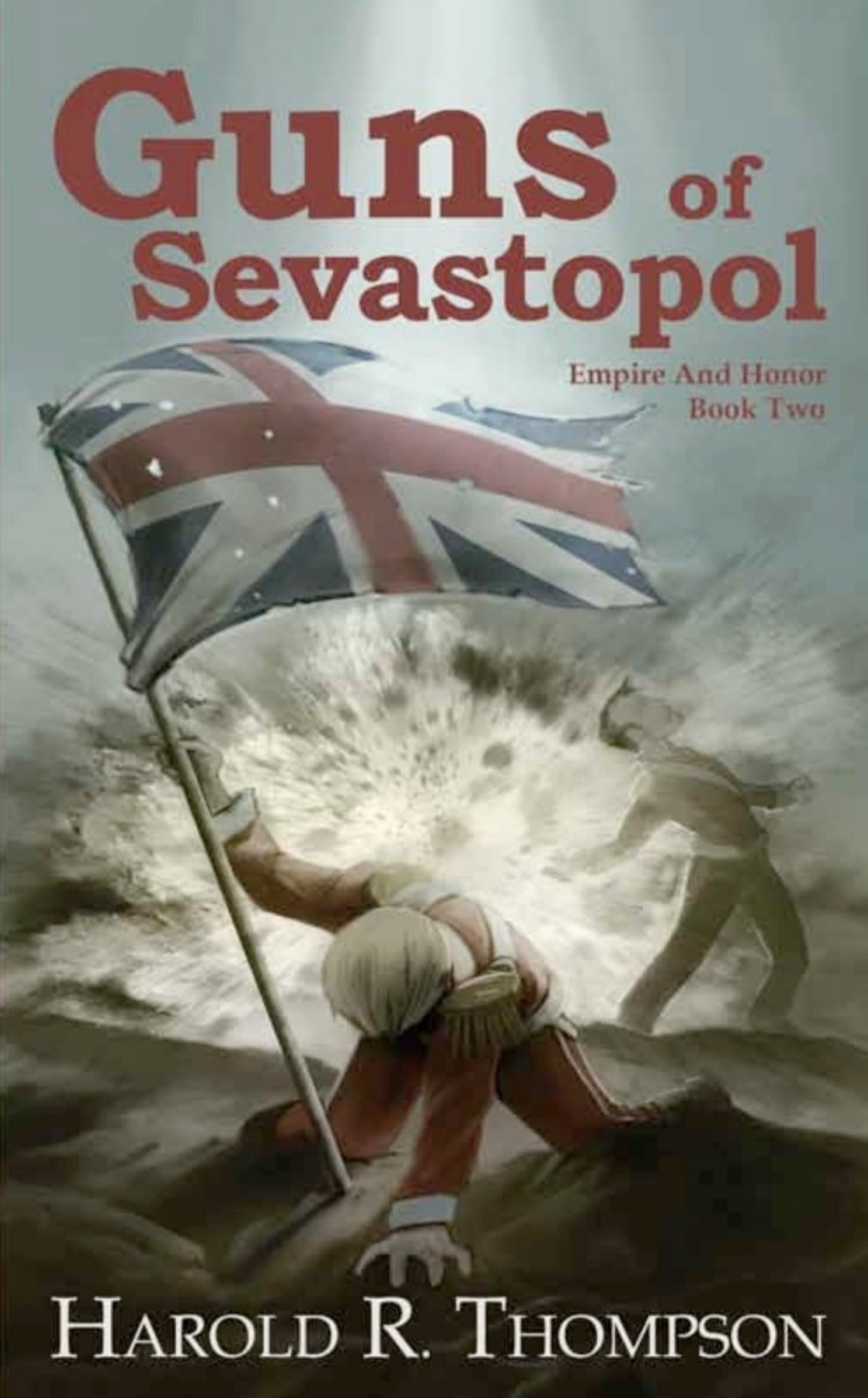DUDLEY’S FUSILIERS – Empire and Honor Book 1 by HAROLD R. THOMPSON
A review by INFAMOUS🦀
~We few, we happy few, we band of brothers; For he today that sheds his blood with me Shall be my brother.
~William Shakespeare: Henry V

War-based novels can be a slippery slope for different reasons. The challenge usually consists of striking that fine balance between 1) historical accuracy and 2) a compelling story that comes off as captivating and rich in relatable characters.
I feel like Dudley’s Fusiliers manages to achieve success in certain aspects while failing (and I use ‘failing’ very loosely here) in others. Canadian author H. R. Thompson has definitely brought us a story of honor, glory, and sacrifice that pays homage to those men on the battlefield who kept marching forward against all odds and-let’s be frank-against all sanity at times!
NO POLITICS, JUST WAR + MAIN CHARACTER:
Thompson doesn’t focus much on the politics of mid-XIX Europe or the ins and outs of why the Crimean War took place. He rather looks at the unfolding events from the point of view of the common soldier.
Our protagonist is young British lad Dudley, who from a young age adopts a romanticized view of the ‘art of war’. The Duke of Wellington being his all-time hero, Dudley even names a tin soldier of his ‘Wellington’. Wellington becomes his best friend well into his adult life and through the war.

STRENGTHS:
Thompson is outstanding at describing the battles of the Crimean War, particularly the Battle of Alma. We see everything from the point of view of main character Dudley in vivid realism and in all the fine details of military strategies, tactics, and pre-WWI trench warfare.
We also witness the ill conceived notions and romanticism of not just the British army, but those of the French and Russian army as well. This is very important because we don’t need those fundamental aspects to be thwarted by some progressive agenda to make 19th century soldiers think like 21st century Orange county residents, if you catch my drift.
WEAKNESSES + SUPPORTING CHARACTERS:
Where I think Dudley’s Fusiliers falls short is in creating a substantial supporting cast for Dudley. His fellow soldiers could be more fleshed out but instead they’re all given just a few lines here and there and very general descriptions:
“He felt closer to them than to anyone he had ever known. Closer than to Isabelle, closer than to Martha. Closer even than to his family.”
That’s great, but we as readers don’t get to fully share that experience because of thin characterization. What that does is that when some of them perish in battle, we are robbed of the full emotional impact because we never get to know them as well as Dudley does. Thin characterization reduces an otherwise brilliant war story to a good but not GREAT war story.
BARKER STEALS THE SHOW:
The only secondary character we encounter that in my opinion ‘steals the show’ is Barker, a giant of a man even feared among his own ranks. A seemingly remorseless bully who we’ll find out has a great story to tell which explains why he behaves the way he does, and why his ‘dehumanization’ has taken place to begin with. In fact, I’d even dare say that most readers will be more eager to follow the whereabouts of Barker than Dudley’s. He’s just that cool cat, somewhat rough around the edges, but who you will want to be by your side when all hell breaks loose in battle.

FINAL THOUGHTS:
If it wasn’t for the outstanding fashion in which the author brought this all home in the closing chapters, I might have been dubious on whether to read Book 2 (Guns of Sevastopol). But if you, like me, have 1) a heartbeat and 2) a passion for keeping the memories alive of not just the war heroes but of war events in general, then reading the next book is certainly in our queue.
Thompson is not just a good writer but the real deal when it comes to the subject of history and wars with the experience to back it up:
“While attending university, he spent his summers working at the Halifax Citadel National Historic Site, a Victorian- era fort in his native Halifax, Nova Scotia. There, he was a member of the 78th Highlanders, an historical re- enactment of the fort’s British Army garrison.
Dudley’s Fusiliers brings forth the brutality, death and mayhem of the period of the mid-19th century with glory, respect, and accuracy. And I applaud that!
🦀

